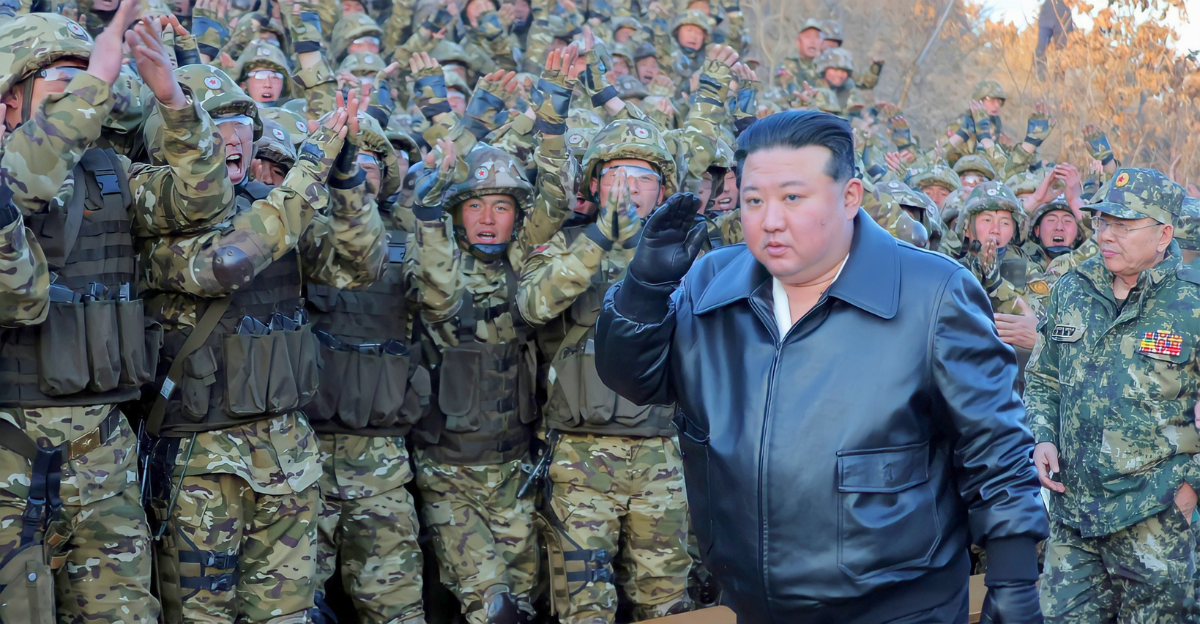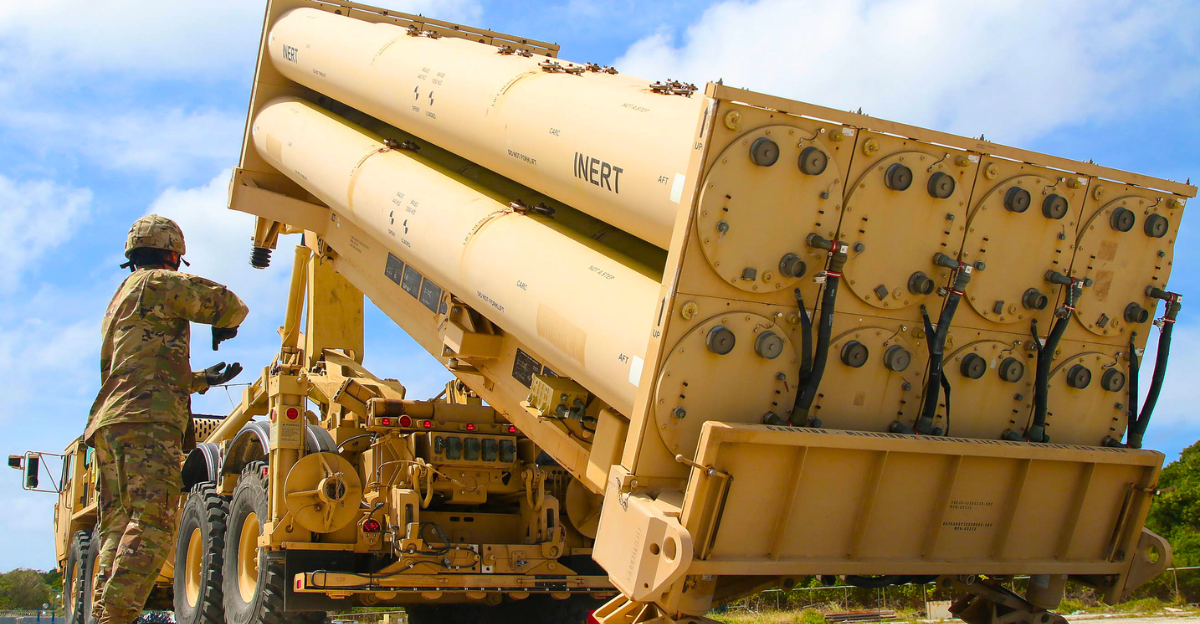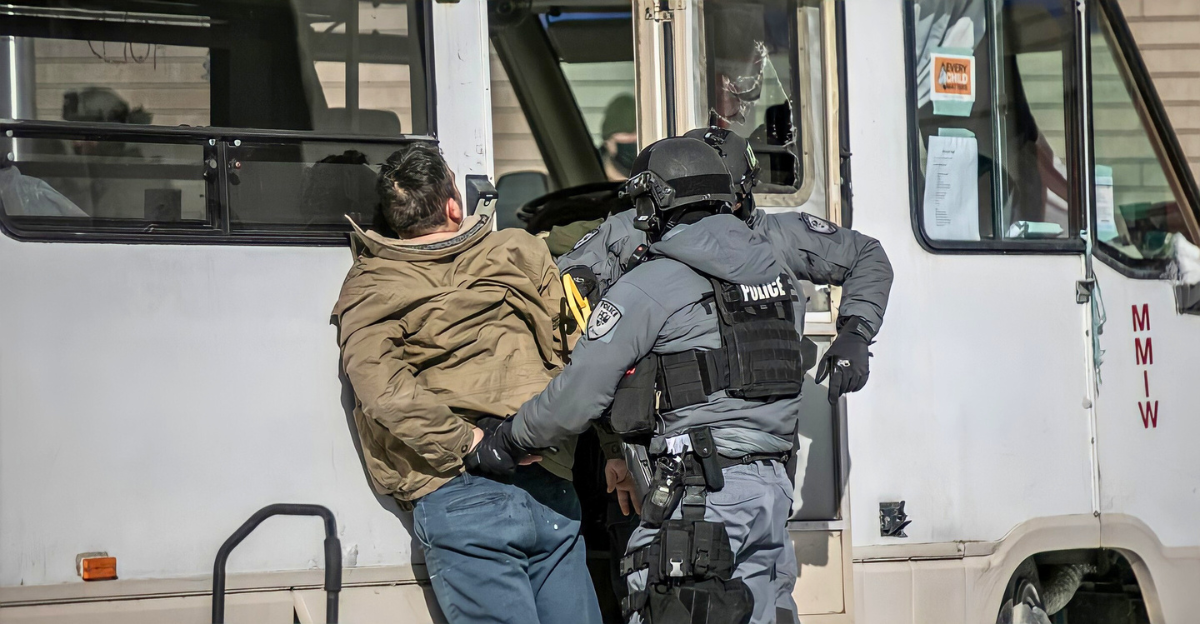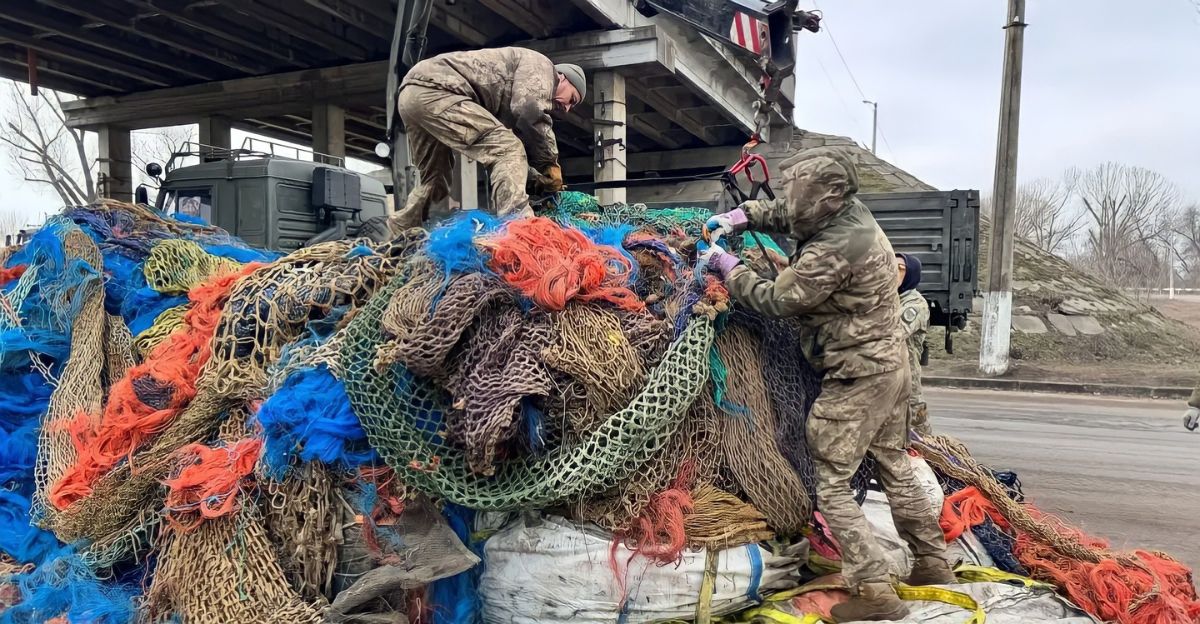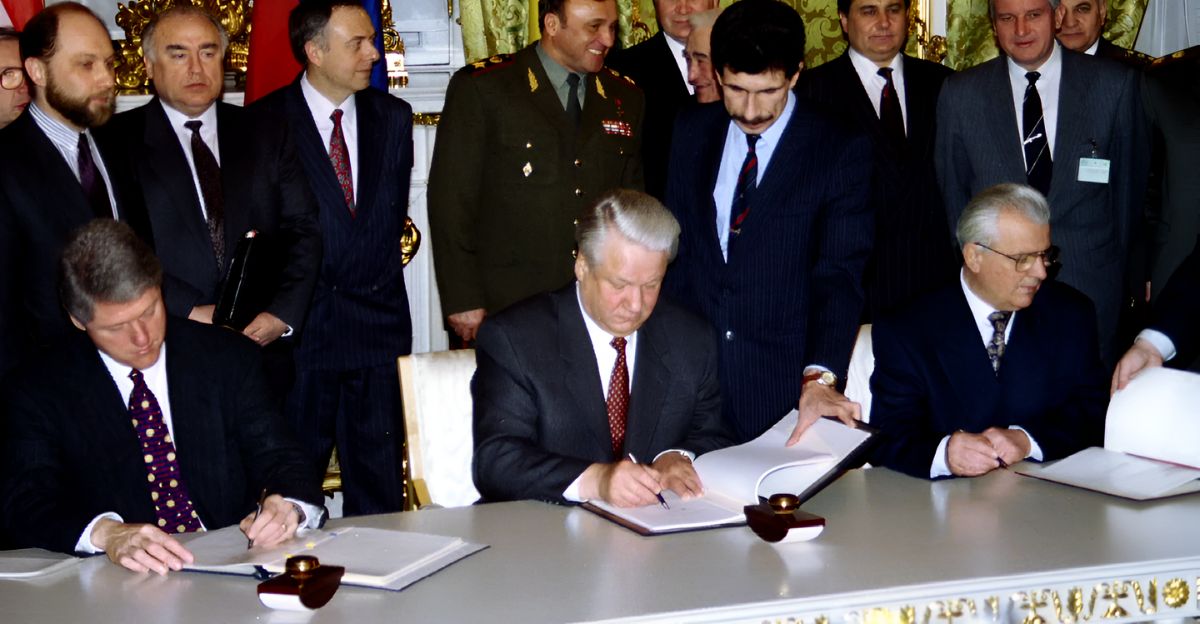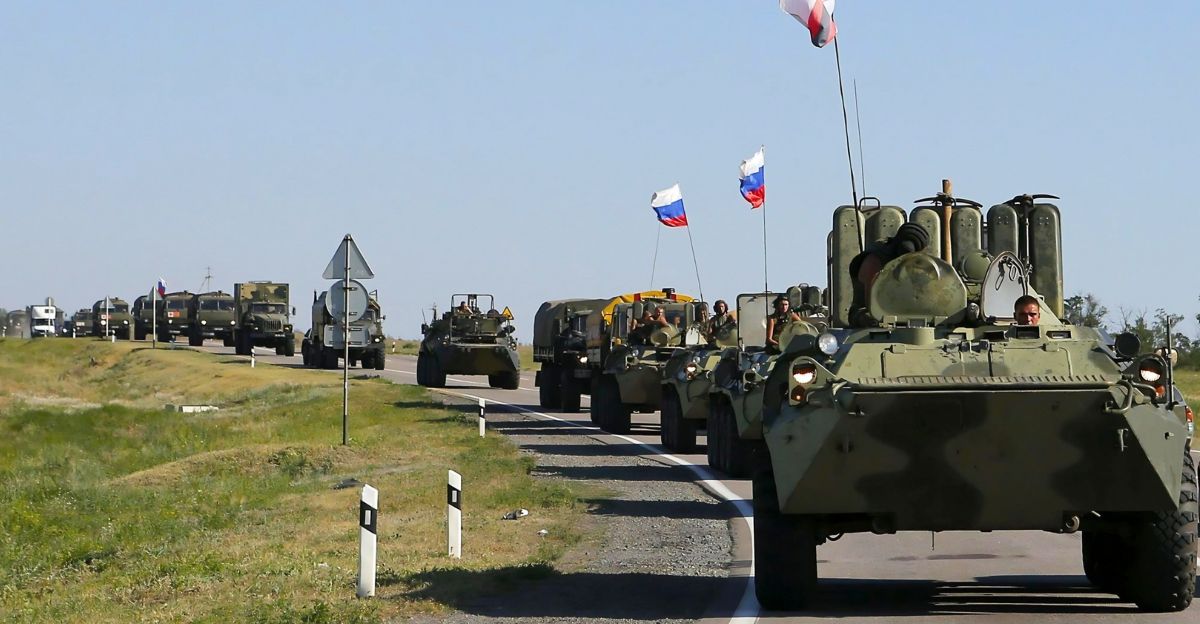
The world is watching closely as relations between Russia and Azerbaijan escalate to a surge of violent clashes and diplomatic standoffs.
Recent reports by Ukrainian intelligence indicate that a Russian redeployment of military might is looming, so global leaders urge caution as tensions quietly escalate in the region.
The gesture adds a new dimension to an already intricate geopolitical landscape. What is fueling these tensions, exactly?
And why now? And how could it impact regional stability? Let’s go through what we know so far, step by step, before we jump to conclusions.
A Familiar Pattern of Expansion
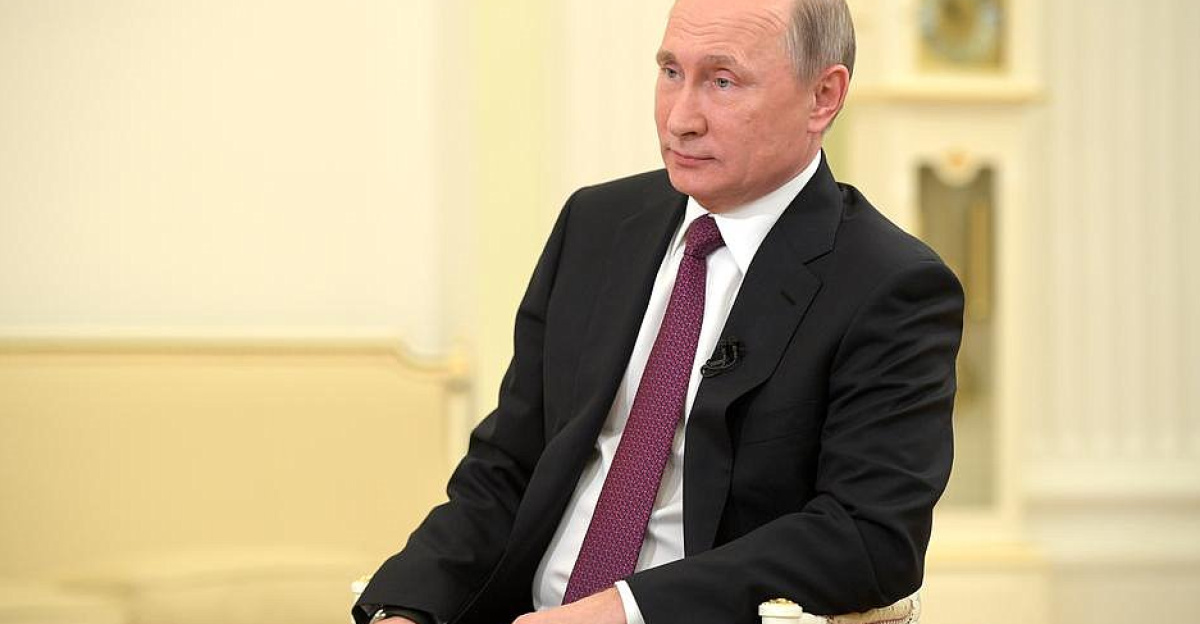
Russia boasts a long history of extending its influence outside its borders. The last three years have focused on Ukraine, but according to observers, Putin never strayed far from other regions of strategic concern. Recent trends indicate new priorities on military deployment and presence in former Soviet republics.
A Strategically Located Base
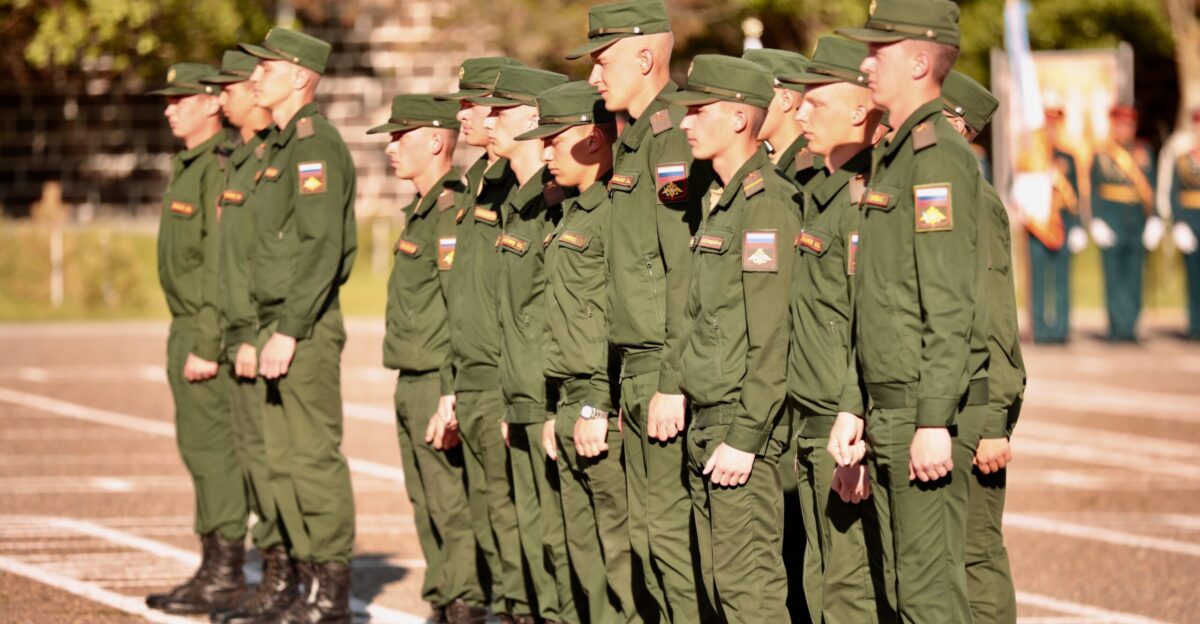
Attention shifts to the 102nd military base in Gyumri, Armenia. Russia’s biggest military facility in the South Caucasus supports approximately 5,000 service members, fighter aircraft, and air defense systems.
Official Armenian accounts brush aside any advancements at this facility, but Ukrainian intelligence reports contradict these, stoking fresh suspicions.
Disputed Intelligence Claims
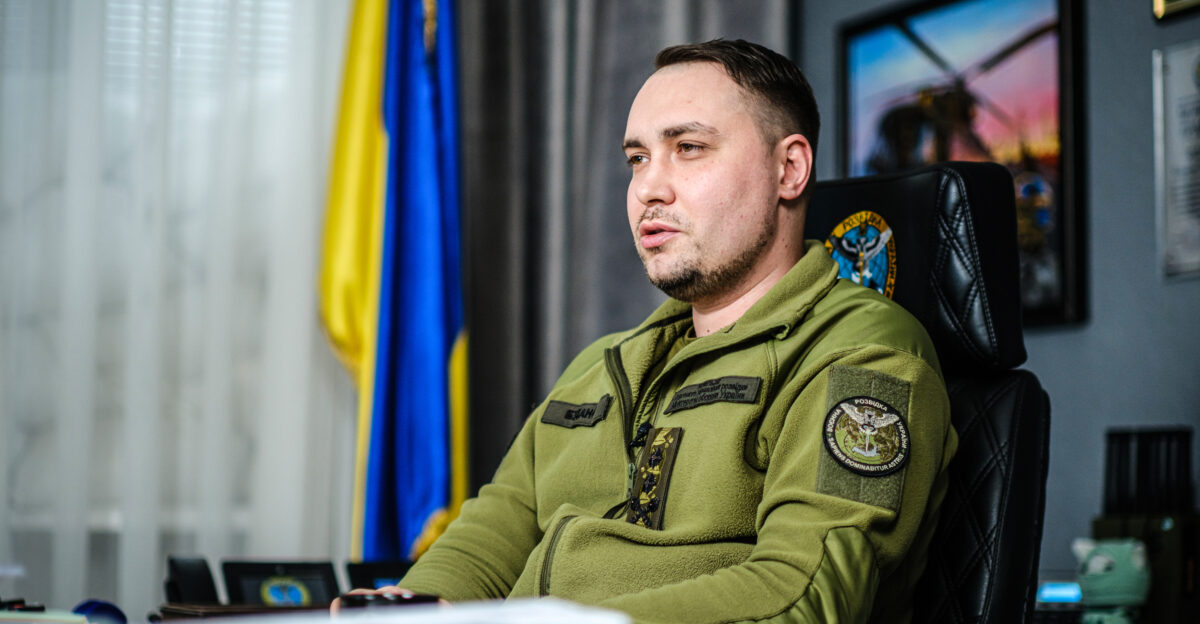
Based on Ukrainian military intelligence (HUR), reports were made of documents indicating the orders to redeploy troops to Armenia. The documents were signed by the commander of Russia’s Southern Military District.
The orders detail replenishment activity in deploying personnel from various large Russian army units, suggesting scheduled activity rather than a normal rotation.
Nonetheless, Armenia denied this in a public statement, assuring that Ukraine’s claims about Russia’s tightening of its forces in Armenia are inaccurate. Major news sources have not independently confirmed orders and documents referenced here.
The Spotlight on Azerbaijan
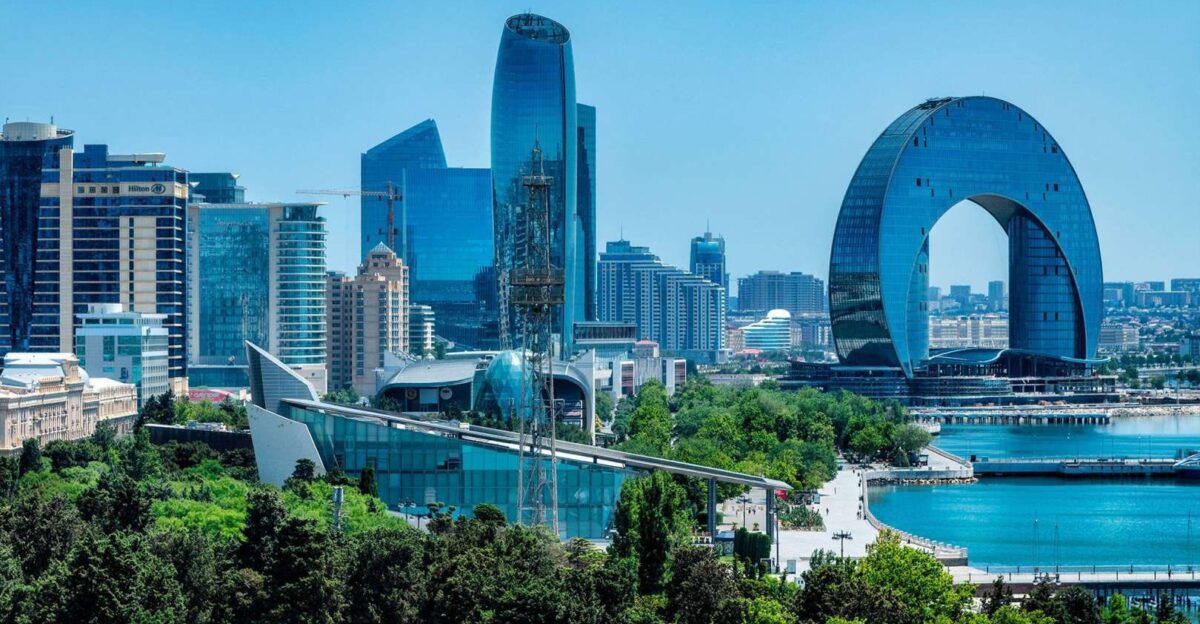
At the heart of the heightened tensions stands Azerbaijan. This oil- and gas-rich nation is a strategic source for Europe’s energy.
Russia-Azerbaijan relations have rapidly declined in recent times as a result of a string of arrests, murders, and violent clashes between Azerbaijani nationals in Russia. The tensions have heightened to the point where cultural and media links were abruptly severed.
Azerbaijan’s Energy Significance
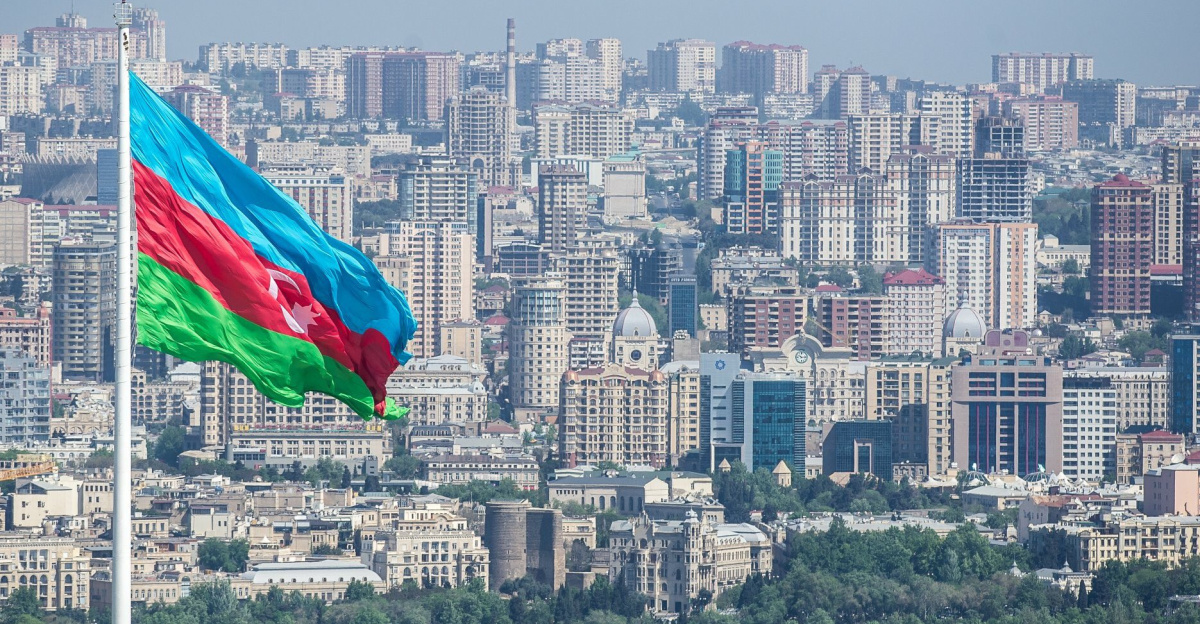
Azerbaijan is among the most significant energy exporters to the European continent. As Europe tries to diversify away from Russian energy, the significance of Azerbaijan has only increased.
Destabilizing Azerbaijan would impact global energy markets and provide Moscow with additional influence. This provides the threat with a possibility of having more than a local effect.
Confirmed Violent Incidents Strain Relations
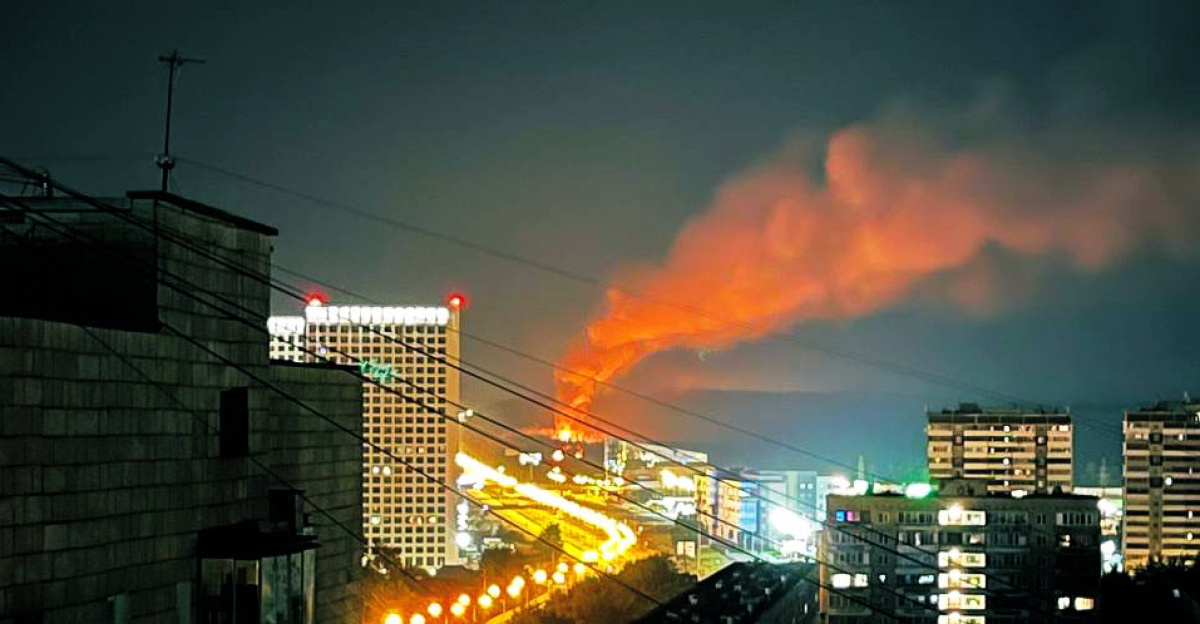
The Russian-Azerbaijani relationship has lately worsened dramatically following verified occurrences. On June 27, a Russian attack in Yekaterinburg on ethnic Azerbaijanis left individuals dead and wounded; authorities also accused them of being tortured.
Two males, aged 55 and 60, detained by the police died in custody, with the Azerbaijan Chief Prosecutor implying torture. Such occurrences have intensified public fury and diplomatic tensions.
Internal Security Crackdowns
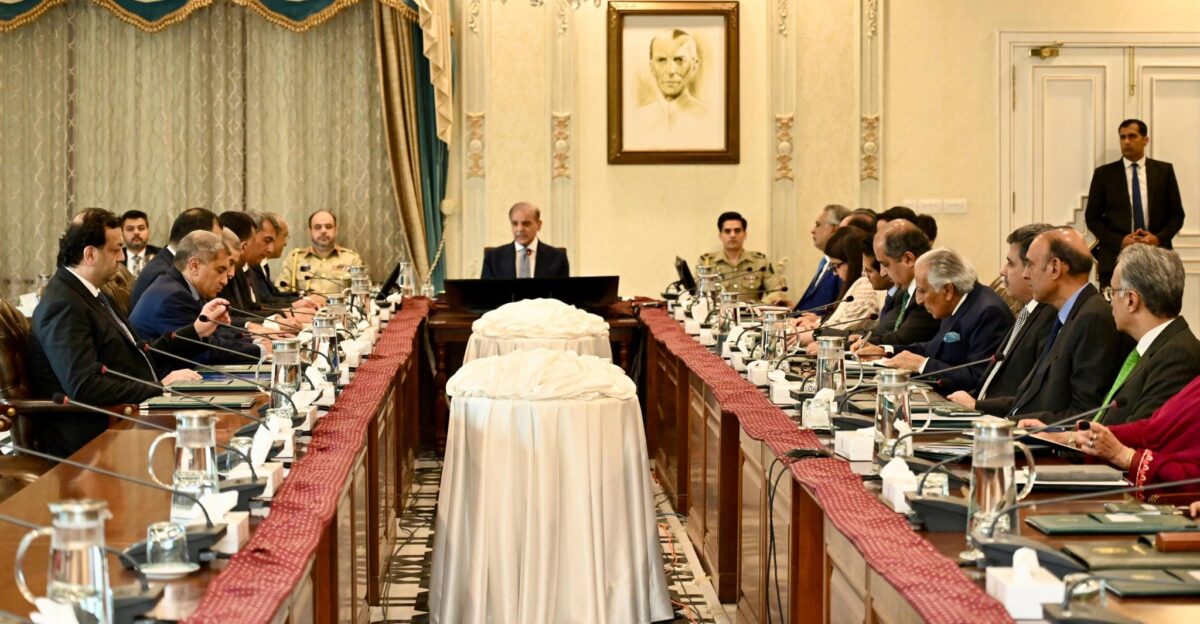
Azerbaijan security officials have arrested employees of Russian news organizations, including IT analysts.
The Azerbaijani Interior Ministry confirmed that seven individuals associated with a Kremlin-funded news agency were arrested after a raid on its office.
Azerbaijani police have arrested at least eight Russian citizens charged with membership in “organized criminal groups,” and court photos show injuries.
Routine document checks are now conducted on Russian citizens in Azerbaijan. This suggests Baku is prepared to stand firm against Russian pressure, even at the cost of military inferiority.
Russia’s Potential Motives
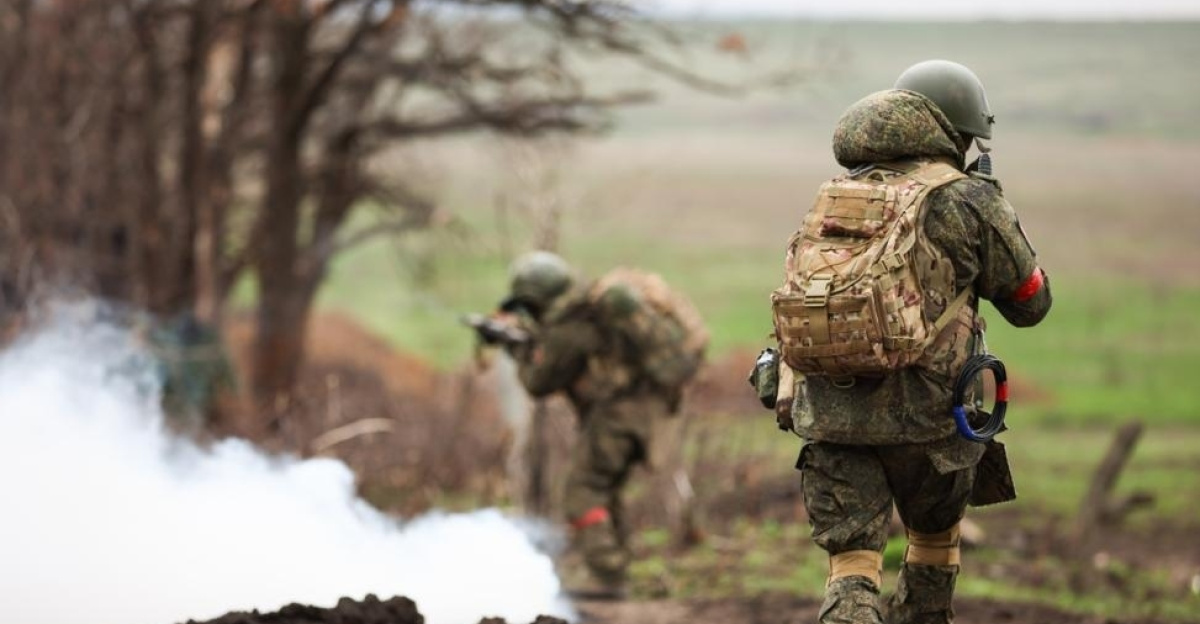
Experts consider that Russia’s moves could imply several goals: to demonstrate power in the South Caucasus, divert attention from the war in Ukraine, and check on Western reactions.
Any greater military presence near key energy corridors could be employed as a future negotiating tool, although the scale of such positioning is debatable.
Armenia’s Delicate Position
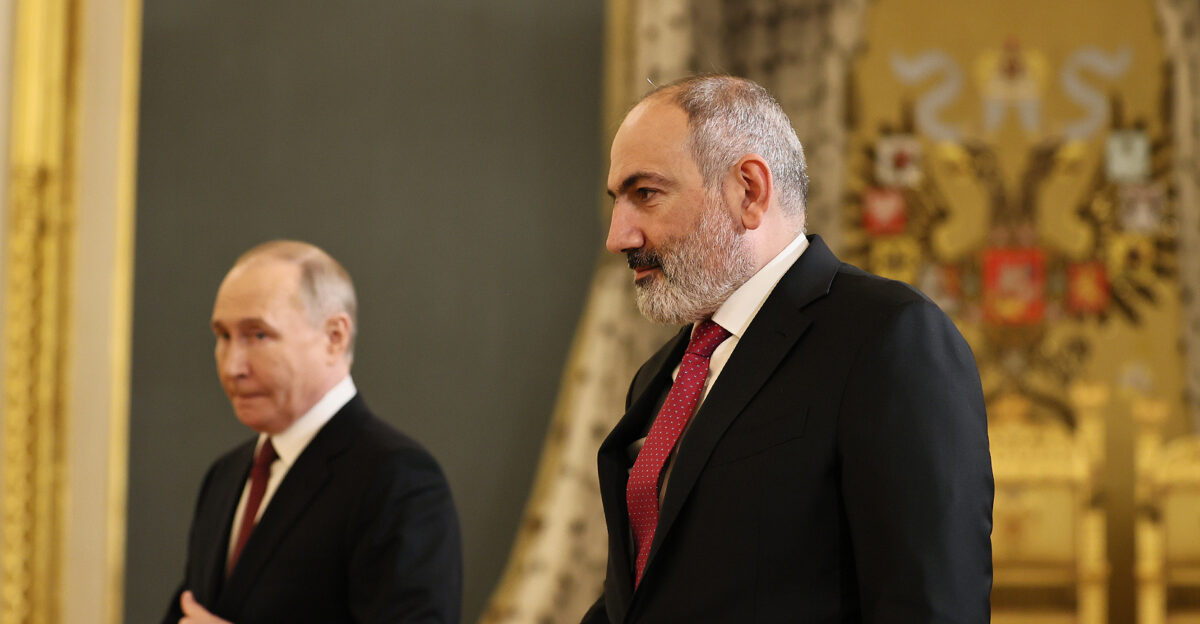
Armenia has friendly relations with Russia but has also attempted to develop ties with the West. Armenia has been distancing itself from Russia by suspending membership in the Russian-led Collective Security Treaty Organization (CSTO) and sending humanitarian aid to Ukraine.
Though it denies this, the disputed claims of troop mobilization place Armenia in an awkward situation because it can now be a source of conflict in the area.
The Role of Ukraine’s Intelligence
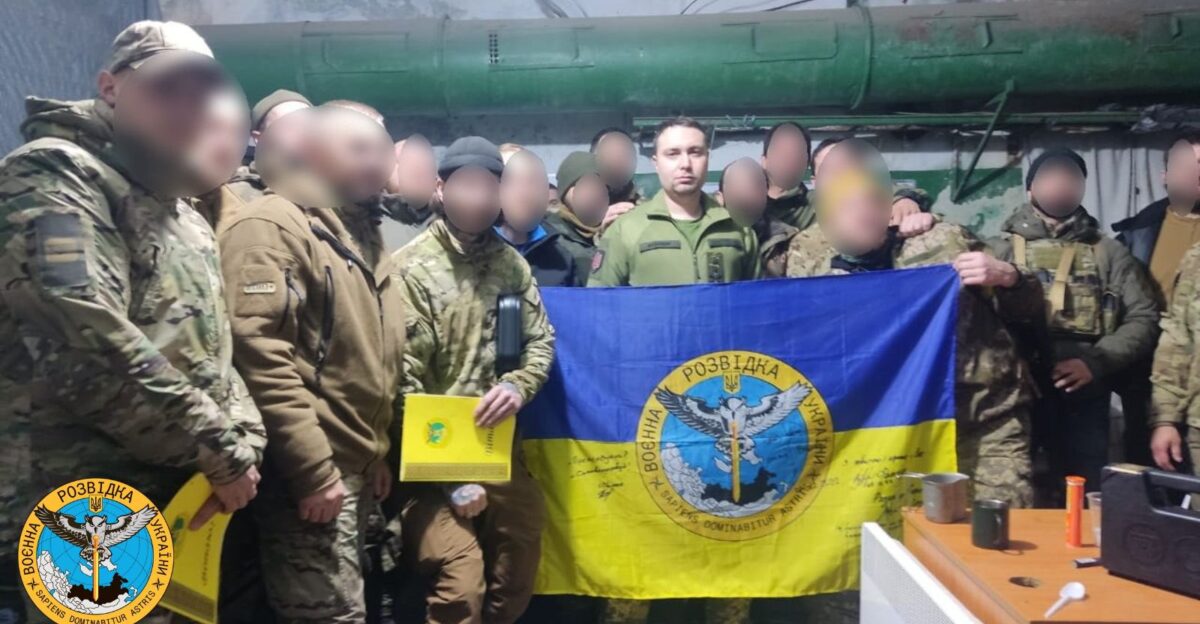
Ukrainian military intelligence has been the one releasing the reports of the so-called troop redeployment.
By releasing these reports, Ukraine is trying to apply global pressure on Moscow’s actions beyond its borders.
Kyiv is trying to rally additional support and highlight the greater threat Russia poses to adjacent regions, though Armenia has not confirmed or denied the actual claims.
Additional Regional Background
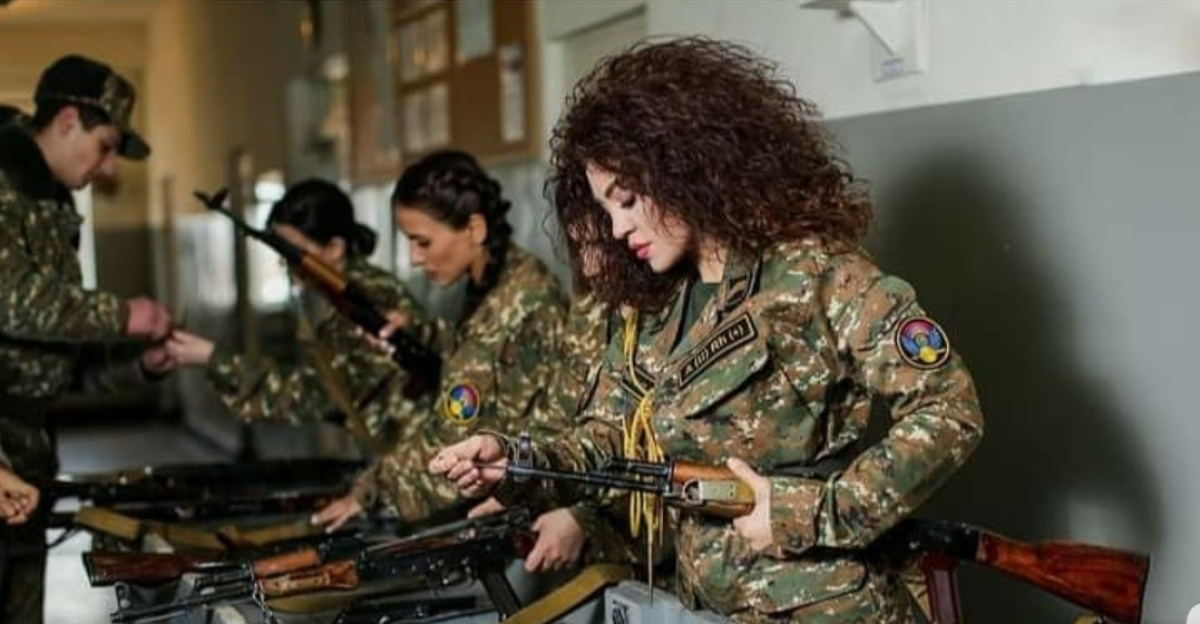
The larger regional dynamics themselves have witnessed a sweeping change. Azerbaijan took over all of Nagorno-Karabakh in September 2023, and the ethnic Armenian enclave was formally dissolved on January 1, 2024. This has reshaped the South Caucasus’s regional balance and affected regional alignments.
Possible Global Impact
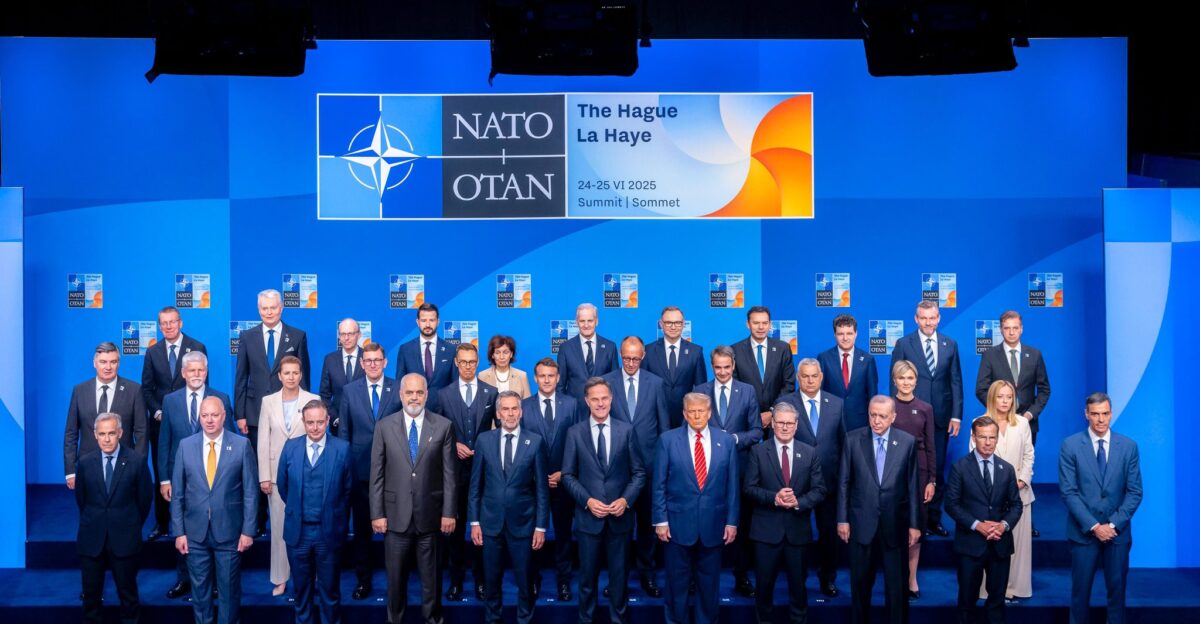
If tensions rise further, the repercussions will reach far outside the Caucasus. Energy markets may respond viciously, European security policy may be reshaped, and NATO may face fresh pressures.
Although the disputed reshaping of the military build-up makes it uncertain whether or not an actual clash is near, the deep-rooted diplomatic crisis and violent confrontations create considerable regional turmoil.
What Comes Next?
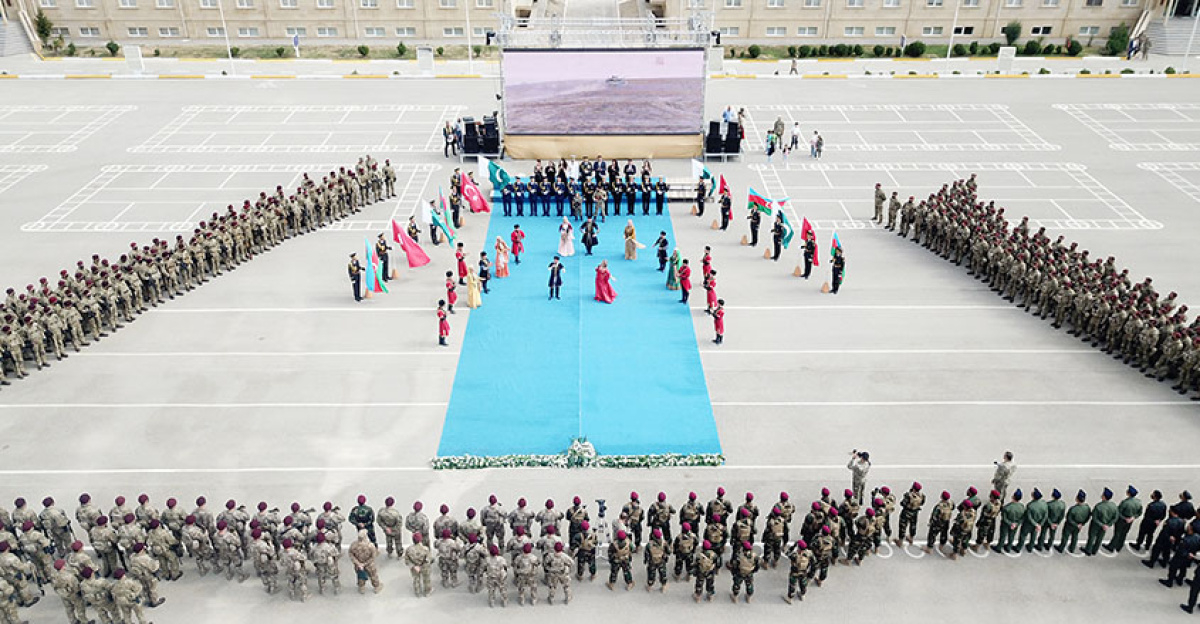
How Azerbaijan and its supporters will react to persisting tensions remains to be seen. The world awaits signs of further hostilities.
In the meantime, Russia seems poised to maintain its options open. Diplomats continue to call for restraint, but the confirmed incidents and outstanding controversies hint at continuing preparations for potential war on the sidelines.
A Situation Worth Watching
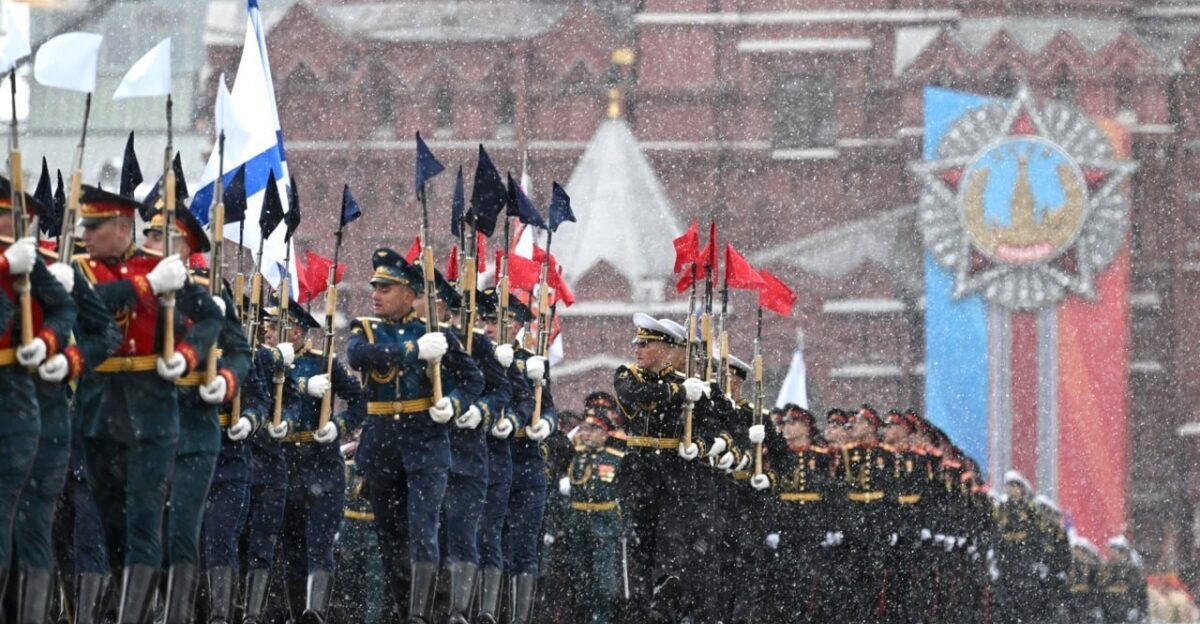
Until then, much depends on Moscow and Baku’s next steps. Whether such an extensive Russian military redeployment exists remains in dispute.
The souring of bilateral relations presents real threats to regional stability. Will diplomatic efforts be able to dial back the tension before it becomes a full-blown confrontation?
As new facts become known, the world will be keeping close tabs, as should we. The coming months could prove decisive in shaping the fate of the region.

